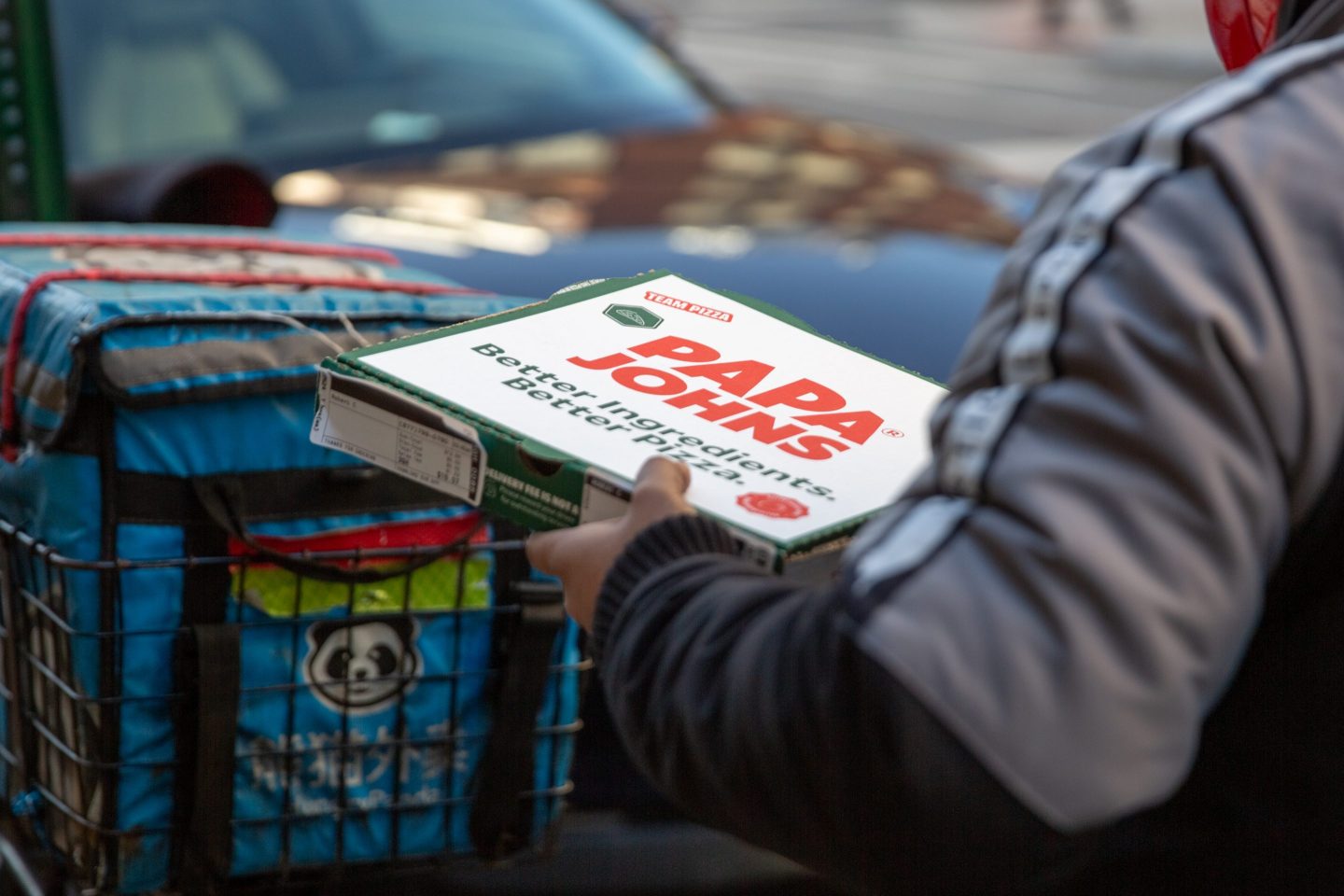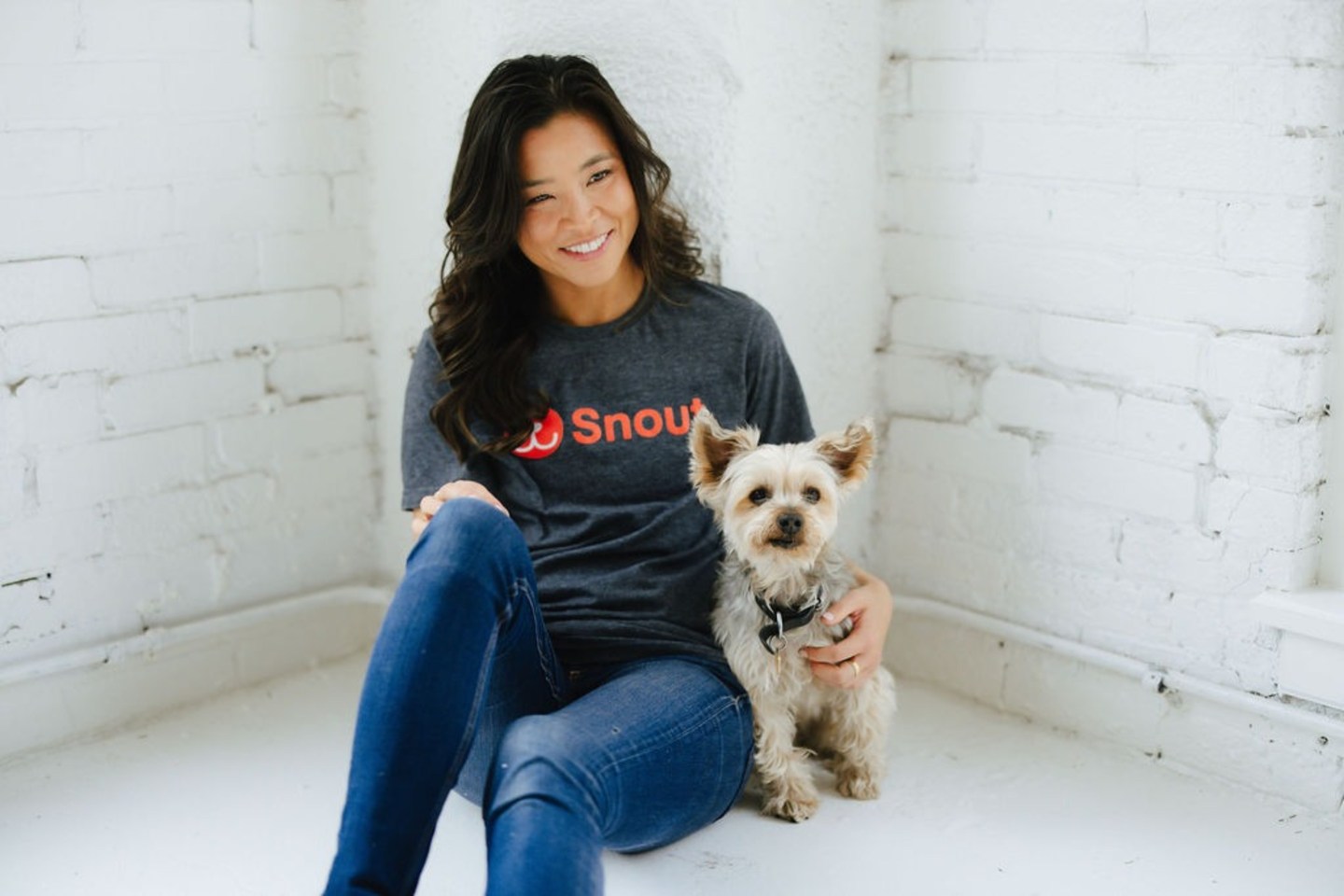Good morning!
Going to college is mind-bogglingly expensive these days. For the majority of Americans without a college degree, astronomical costs were the main reason they didn’t pursue higher education.
In an effort to help lower that financial hurdle for employees, some companies have started offering benefits to help them get an education, including tuition reimbursement, student loan repayment, or in some cases, even free education.
Pizza chain Papa John’s offers a no-cost virtual education program for its workers called “Dough & Degrees,” in partnership with EdAssist, an education benefits provider owned by childcare services company Bright Horizons. Employees can finish high school, get a professional certificate, or even earn a bachelor’s and master’s degree. Workers qualify for the program after 60 days of employment, and if they work at least 10 hours per week. So far, more than 600 employees have participated in “Dough & Degrees” since it first launched in 2019.
The program has been great for recruiting front line service workers, Elias Reyna, Papa John’s chief people and diversity officer, told Fortune.
“At the restaurant level particularly, it’s been a tool for them to attract talent to the organization,” Reyna says.
The program has also proven to be great for retention. Around 78% of people who have taken courses are still employed at Papa John’s. Frontline service workers in restaurants make up 80% of program participants, and that group of workers have stayed at the company more than twice as long as those who don’t participate.
Many workers have also used the program to either earn promotions or improve their roles within the company. Around 35% of students have received or are pursuing a degree in business, and roughly 29% of participants have been promoted after starting the program. Several managerial-level employees that Fortune spoke with say the program helped them excel as supervisors.
“I had an associate’s degree, and I wanted to learn how to manage my department better, whether it was understanding accounting better, or understanding how to manage people better,” Kevin Moore, a production manager based in Papa John’s quality control center in Acworth, Ga., who earned a bachelor’s in business administration through the program, told Fortune. He said it was a lifelong dream to be the first person in his family to graduate from college. “All of it came into play, and it’s paid off.”
Many of the managers who have received their own degrees through the program encourage their team members to do the same.
“I portray it to my employees [as] it’s a free education. Look around and see what an education costs you,” says Daniel Ford, a maintenance manager also based in Acworth, Ford already had a degree in electrical engineering but got a second bachelor’s in cybersecurity through the Dough & Degrees program, and is now working towards earning his master’s degree in the same field.
With tuition fully-covered, workers aren’t burdened to study something based on how much it costs, or what career opportunities they can get out of it, he says.
“Granted, it might just be something that you’re interested in and something you might not actually do [professionally], but it’s free,” he says. “Why not?”
Paige McGlauflin
paige.mcglauflin@fortune.com
@paidion
Today’s edition was curated by Emma Burleigh.
Around the Table
A round-up of the most important HR headlines.
- After Boeing and a union representing its plane factory firefighters failed to negotiate a new contract, President Biden demanded both parties reconvene to reach common ground. New York Times
- Chinese tech giant Baidu’s head of PR lashed out at employees on social media, saying she needs workers to get results regardless of how it’ll affect their personal lives. Financial Times
- Argentina’s largest trade unions staged a massive strike yesterday, shutting down the country’s public transportation for one day, in defiance of the libertarian regime and president. Washington Post
Watercooler
Everything you need to know from Fortune.
Trailing behind. The boss of Sweden’s central bank says European workers need to catch up to the U.S. workforce’s productivity, as the region’s GDP isn’t increasing at a competitive rate. —Ryan Hogg
Farming foes. Hundreds of California farm workers filed paperwork to unionize after a new state law made it easier for agriculture laborers to organize. —Amy Taxin, AP
Terse words. A Manchester United co-owner demanded that the team’s employees fully return to the office, and that if they refuse, should “seek alternative employment.” —Chloe Berger
This is the web version of CHRO Daily, a newsletter focusing on helping HR executives navigate the needs of the workplace. Sign up to get it delivered free to your inbox.













